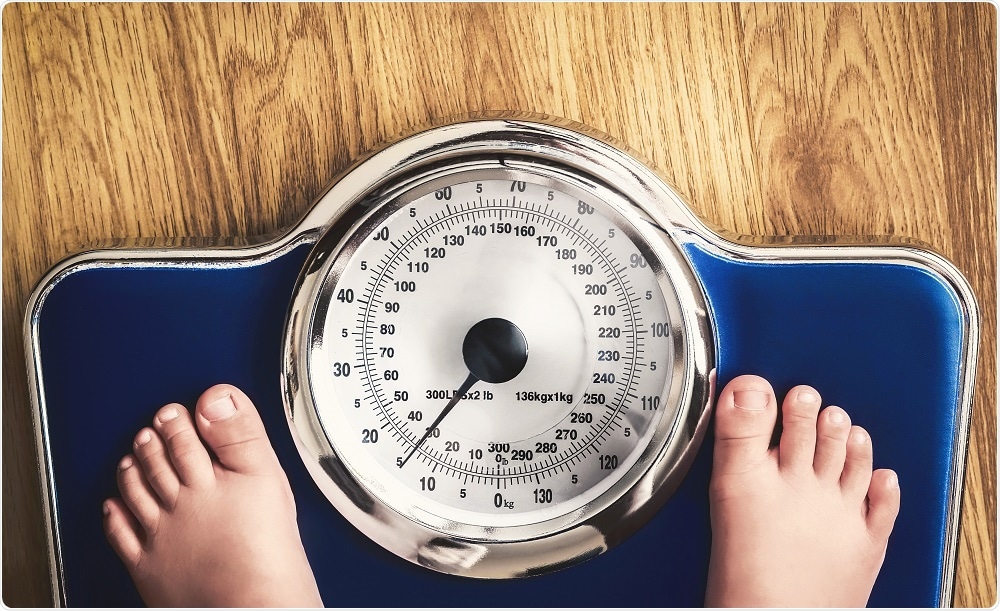A new study has found that parental mental health or financial stress and childhood behavioral issues can negatively impact weight loss in children.

Credit: winnond/Shutterstock.com
With the increasing prevalence over recent years, childhood obesity has become a global health concern. The percentage of children and adolescents affected by obesity in the US has more than tripled since the 1970s. Based on current trends, the WHO estimates that there will be 70 million overweight or obese young children globally by 2025.
Without intervention, children who are obese will most likely continue to be obese into adolescence and adulthood. Since obesity is associated with an increased risk of developing numerous serious health complications and chronic disorders, such as diabetes and heart disease, there has been a concerted effort to help families overcome childhood obesity.
Weight management clinics are at the forefront of this initiative and have achieved considerable success. The Nemours Center for Healthcare Delivery Science and Nemours Division of Weight Management has been keen to identify factors that determine the success of weight management programs in children.
Their latest study investigated the effect of psychological and social risks, such as child behavioral problems, parent mental health issues, and family financial difficulties.
Thao-Ly Tam Phan, a pediatrician in the Nemours Weight Management Clinic, explained the rationale for their study "Previous studies have found that the majority of children who receive interdisciplinary treatment in weight management clinics are successful at achieving a healthier weight. However, most weight management clinics report significant drop-out rates, limiting the number of patients who benefit from treatment”.
Given the significant impact that psychosocial risk factors seem to have on outcomes in weight management treatment, identifying and addressing parent mental health concerns, child behavior concerns, and family social resource needs upfront may help improve outcomes in children with obesity."
Thao-Ly Tam Phan, Nemours Weight Management Clinic
The study recruited 100 families during their first visit to the weight management clinic for a child aged between 4 and 12 years. More than half of the children were classed as being severely obese and more than half of the families enrolled had moderate to high psychosocial risk scores.
The proportion of families with a moderate-to-high risk score on the Psychosocial Assessment Tool (PAT), which assesses family psychosocial risk, was twice as high as the average.
The study found that children from families with moderate-to-high risk PAT scores were more than 3 times more likely to stop attending the clinic and were more than twice as likely to have an increase in body mass index (BMI) than children from lower-risk families.
The drop-out rate among the 14 children who were receiving psychological interventions as a component of their weight management treatment was less than half that seen in the remaining children.
The researchers will now carry out further studies to evaluate the long-term impact of psychosocial risk and the effect psychosocial services on the families of children with obesity.
These findings together highlight how important family psychosocial factors are to a child's health behaviors and weight".
Anne E Kazak, Nemours Children's Health System
Source:
https://www.eurekalert.org/pub_releases/2018-04/n-nsh040418.php